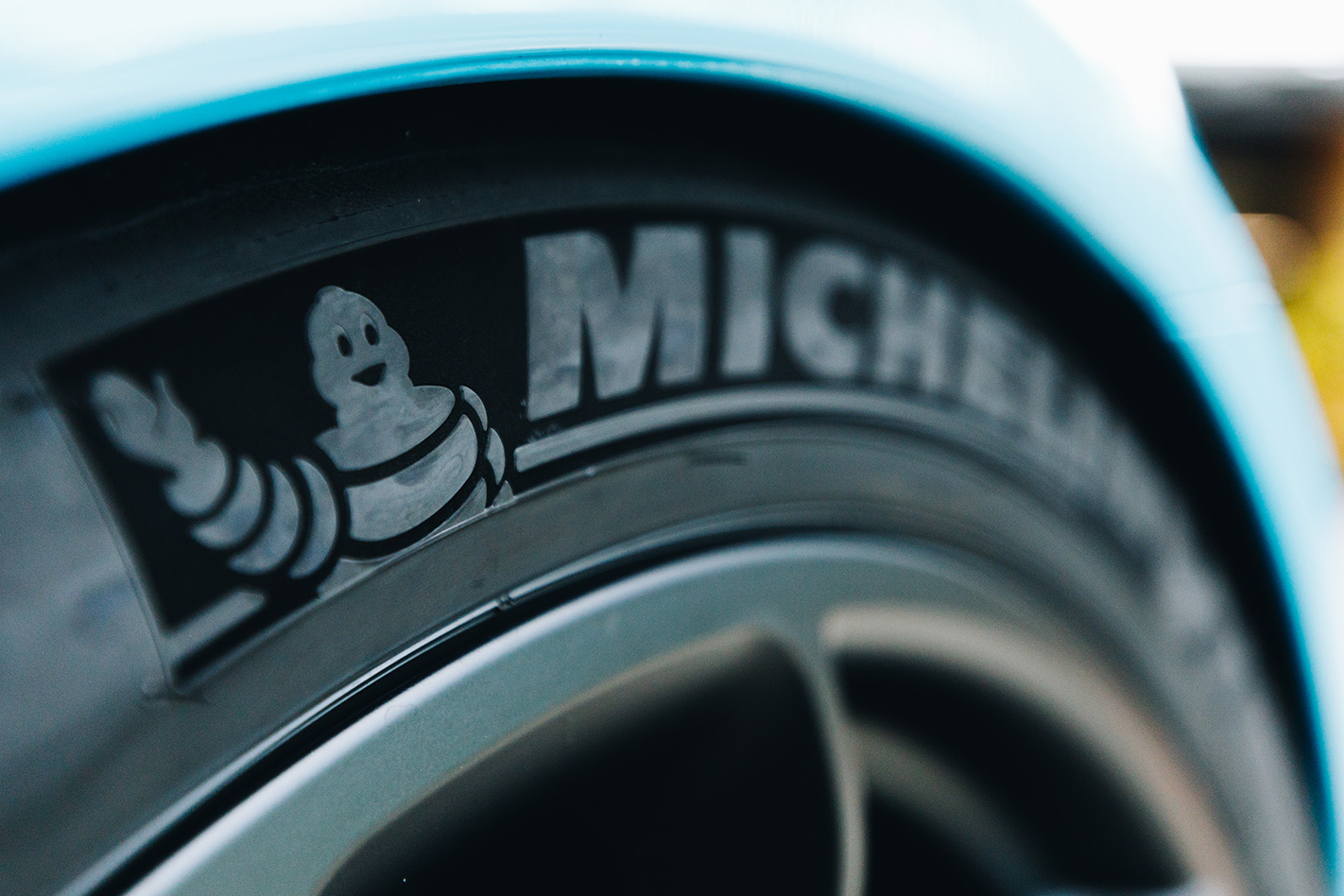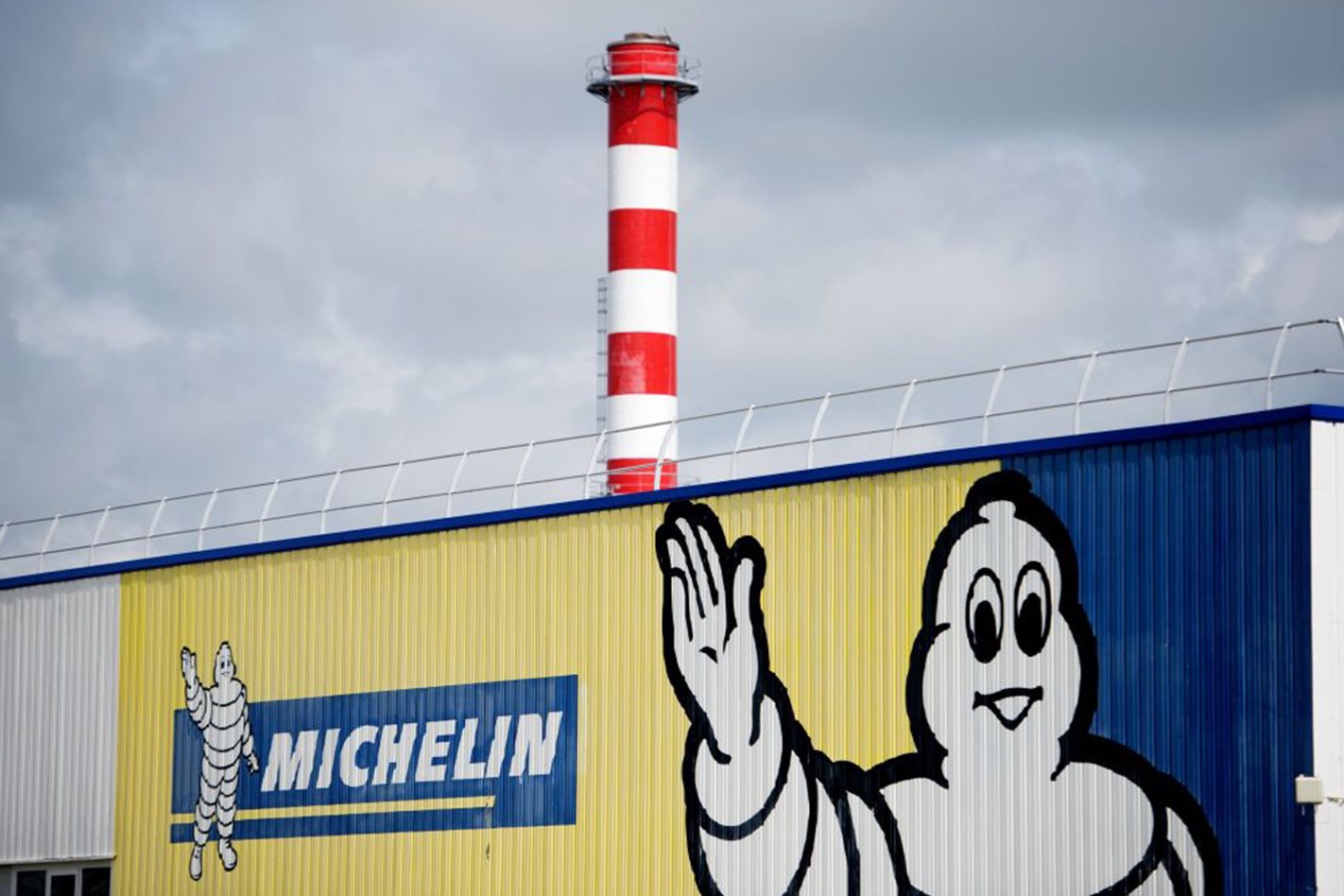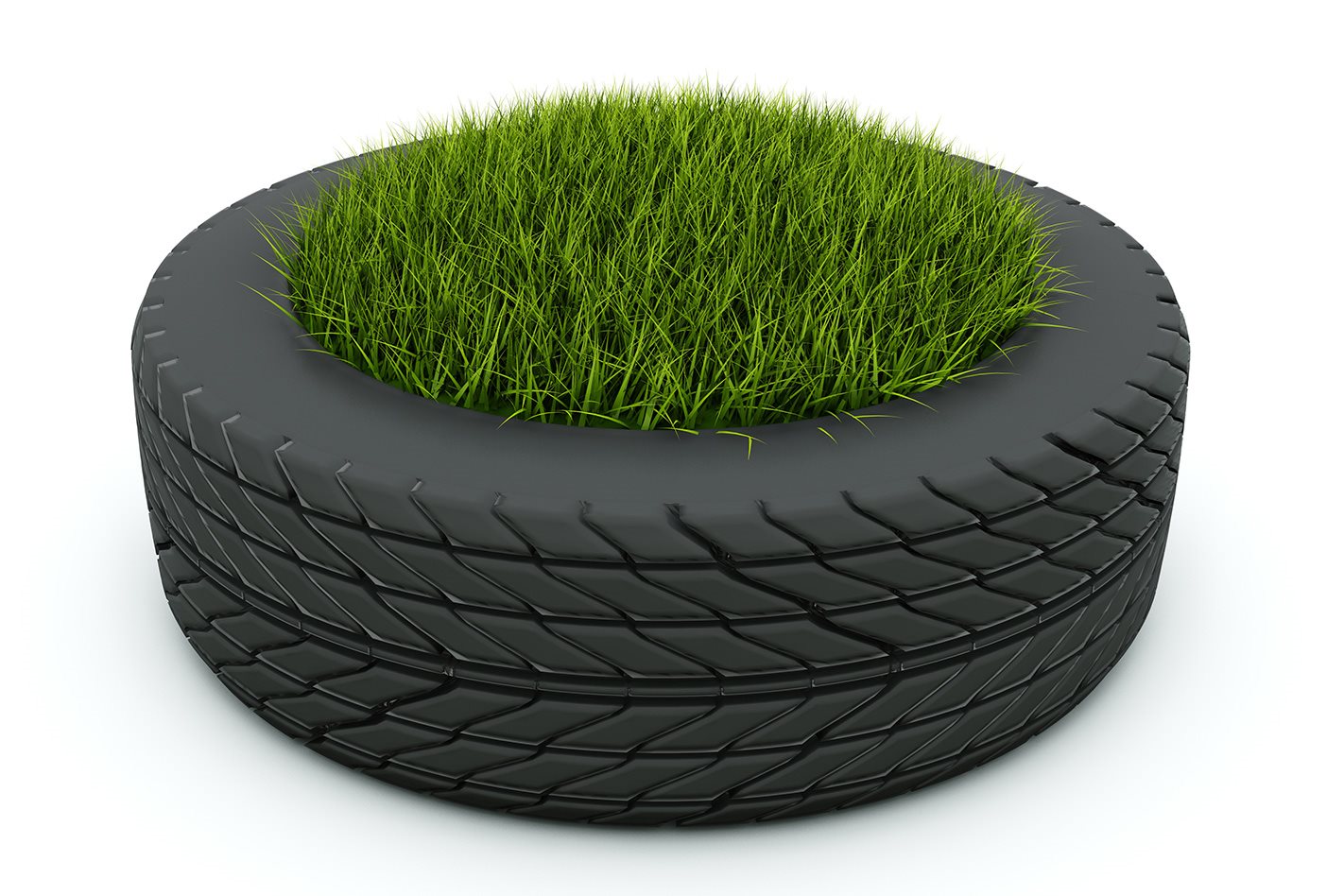
Snapshot
- The process uses an enzyme that can depolymerize plastic or polyester
- Michelin aims to use 100 per cent renewable materials by 2050
Michelin has taken an important step in its quest to produce tyres from recycled plastics including drink bottles.
The French tyre giant has revealed that it has successfully tested a plastic recycling technology with compatriot biochemistry firm Carbios, which had pioneered the production of polyethylene terephthalate (PET) products using recycled materials.
The complex process for producing tyres uses an enzyme that can depolymerize the PET used in everyday plastic products such as containers and polyester clothing.

According to Michelin, the process has resulted in the creation of a high-tenacity polyester that is suitable for tyres thanks to its breakage resistance, toughness, and thermal stability.
“We are very proud to be the first to have produced and tested recycled technical fibres for tyres,” Michelin’s director of polymer research, Nicholas Seeboth, said in a statement.
“These reinforcements were made from coloured bottles and recycled using the enzymatic technology of our partner, Carbios. These high-tech reinforcements have demonstrated their ability to provide performance identical to those from the oil industry.”

Carbios’s chief scientific officer Alain Marty added: “Today, with Michelin, we are demonstrating the full extent of our process by obtaining from this same plastic waste, recycled PET that is suitable for highly technical fibres, such as those used in Michelin’s tyres.”
Michelin has set an ambitious target of using renewable or recycled materials for 40 per cent of its manufacturing by 2030 and 100 per cent by 2050. Every year, 1.6 billion car tyres are sold worldwide, representing 800,000 tonnes of PET fibres annually.
The company previously announced plans to use wood as an alternative to expensive and not-so environmentally friendly oil-based synthetics across the Michelin range.




